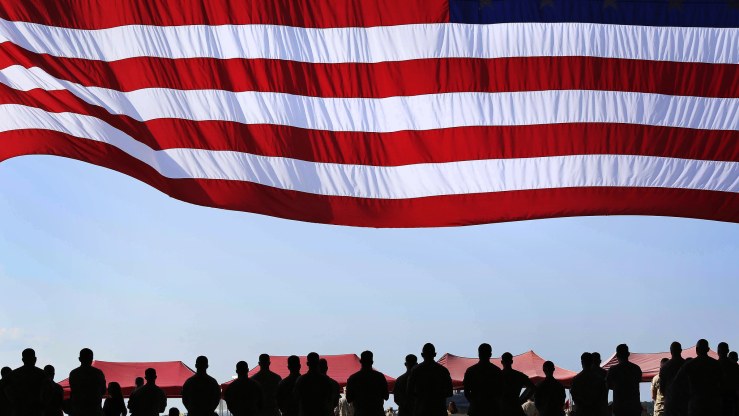Race, Ethnicity, and American Views on US Foreign Policy
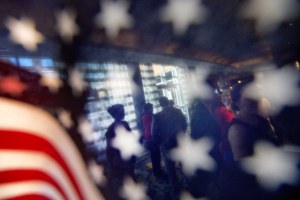
The Council partnered with New America to explore how Black, Asian, Hispanic, and Native Americans view key issues facing the world today.
In the United States, definitions of national security threats are shifting, highly politicized, and closely tied to identity. At the same time, the country is more diverse than at any time in its past. To better understand how these changing demographics may impact future US foreign policy decisions, the Council teamed up with New America to conduct novel research on the perspectives of Americans across racial and ethnic backgrounds as part of the 2022 Chicago Council Survey.
Here's what we learned about how different communities think about immigration, climate change, the use of military force, and more.
Research Briefs
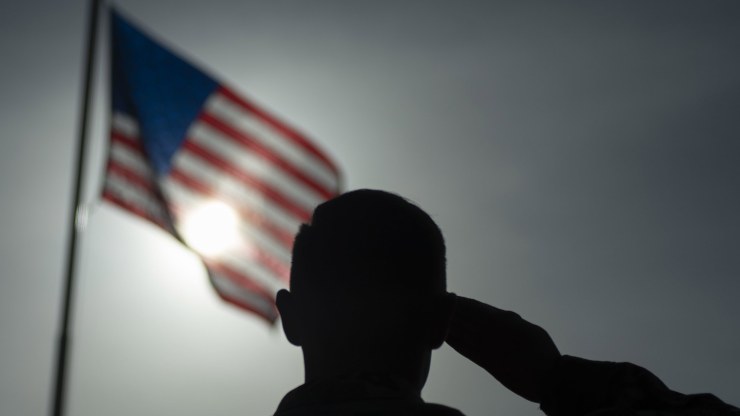
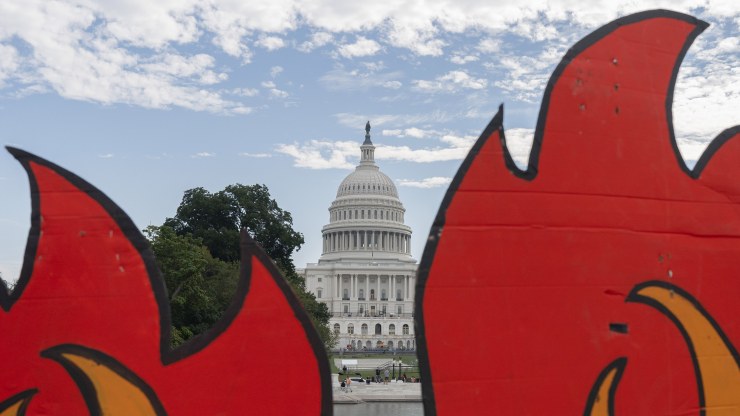
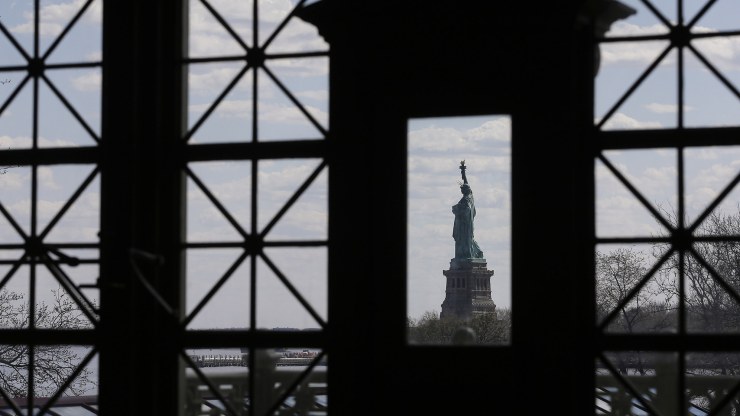
Related Analysis
